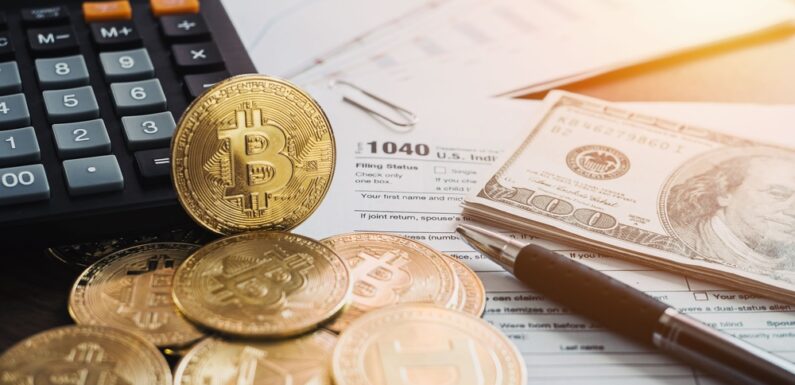
In its recent publication, the US Internal Revenue Service (IRS), in collaboration with tax regulators, unveiled a draft copy of the new Digital Asset Proceeds from Broker Transactions (Form 1099-DA). The new form will be used in 2025-2026 to report the income generated from crypto activities.
The launching of Form 1099-DA will address tax cheats in the digital sector. A review of the IRS guidelines demonstrated that the new tax regime obliged the crypto brokerage firm to prepare Form 1099-DA for all the customers who have purchased or sold their digital assets through their platform.
IRS Unveils New Taxation Approach for Digital Assets
The IRS stated brokers and individuals serving as kiosk operators, hosted wallet providers, digital assets payment processors, and unhosted wallet providers will be required to comply with the new tax regulation. Guided by the rule-making process, the IRS intends to share Form 1099-DA with the customers and tax regulators to verify that the information provided by the brokers is accurate and reliable.
Compared to other tax reporting systems, the new form ensures that brokers and customers settle their tax payments accordingly. The applicant must provide vital information, including token codes, blockchain transaction history, and wallet addresses.
Launching the Form 1099-DA aligns with the new tax regulation approved in August 2023. The regulators agreed that all activities involving the transfer of cryptocurrency, nonfungible tokens, and stablecoins to be reported.
To ensure that all the traders, brokers, and dealers conform to the new provision, the IRS implemented new tax measures that require the third party to report their income. Any filing submitted by a third party allows the IRS to monitor crypto transactions made by specific taxpayers.
IRS Pledge to Address Tax Cheats in Crypto
The unveiling of the new tax form elicited heated debates amongst the crypto community. A statement from the Blockchain Association demonstrated that the new provision creates misunderstandings about the features of crypto assets and decentralized platforms.
In support of this, the chief legal advisor at Coinbase, Paul Grewal, described the proposed taxation approach as dangerous to the financial sector. The executive expressed concerns about the power granted to regulators in surveilling the daily financial activities of consumers engaging in crypto transactions.
On X, the crypto enthusiasts were dissatisfied with the new tax regulations. An X post from the famous crypto tax and accounting firm Ledgible demonstrated that reporting decentralized finance that does not require any intermediary or third party will limit the implementation of the new rules.
Crypto Community Opposes IRS Proposed Rules
The Ledgible team complained that the new tax regime will expose the crypto brokers to additional administrative tasks. He admitted that most well-established brokers occasionally process large transaction volumes any the new rules might undermine their work.
Citing the Gordon Law, the new rules will require the brokers to share vital information on transactions involving digital assets to assess the accuracy of cost basis. The Ledgible argued that the new rules lack a better approach to allow data sharing.
The crypto community expressed concerns that implementing the new rules will subject noncompliant traders to legal charges. They argued that the new regulations would expose crypto traders who failed to report the returns in the previous year to charges.
According to the IRS, the new rules will exempt non-US nationals from reporting the returns generated from the crypto investment. However, the new rules will grant US regulators the power to trace all offshore activities if eligible taxpayers make payments to local exchanges. Before implementing the new tax regime, the IRS will accept public comments.



